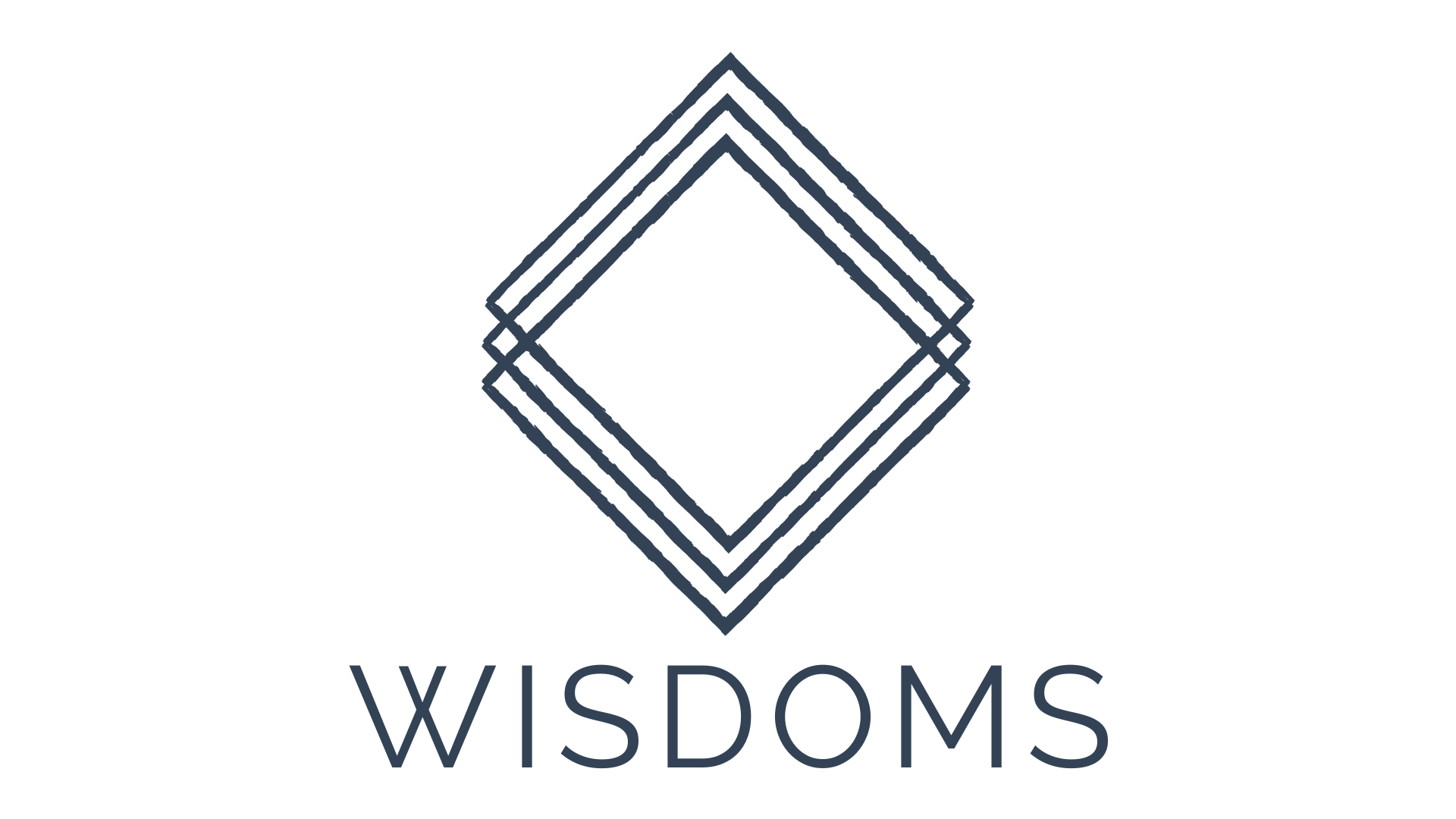Have you ever played business jargon bingo? You know, sat in a business meeting and mentally ticked off several of the latest business buzz words as they are sprouted forth?
These are words like ‘synergy’, ‘best practice’, ‘game changer’ and, ‘paradigm shift’. They are meant to sound meaningful and profound and hopefully convey that we are at least “on trend”. But most of the time it is just pontificating and we are not really saying anything clear, specific or relevant.
Is ‘collaboration’ one of these words? It is one being used a lot but do we know what it is, what it means and does it mean the same thing to everyone?
There is no doubt that with increased competition, industry disruptions and exponential technological advances the environment in which we live and work is becoming more and more complex. So whatever problems you are facing, goals you want to achieve or projects you need to deliver it is near impossible that you can do these alone.
I am not sure there ever was the ‘self-made’ person or true lone ranger. These are myths perpetuated by people mostly blind to the contributions of the many people in their lives, some good and some not so good, who shaped and supported them.
More than ever we need a band of people who we can draw on when we need. These may be experts and freelancers with particular skills, knowledge and time. These may be team members who all contribute according to their role and expertise. These may be investors, boards and leaders who direct, advise and govern.
But is this collaboration? Because it doesn’t seem to me that collaboration is the same as consulting, delegating or coordinating.
My business partners and I have been working together for nearly ten years. Recently, we had a tough and robust conversation around unmet expectations of each other, of ourselves and where we wanted to be. It was personal and emotional, real and honest. But it was not accusing, aggressive or insulting. The power of that conversation is that we aired our grievances but left the conversation motivated to move forward.
Why then is this article about collaboration and not conflict management? Because on reflection, what enables that type of conversation is not just emotional intelligence and conflict management skill but the fact that we have been sharing ideas, thinking through business concepts and implementing and giving honest feedback for a long time. Collaborating has simply become our way of working.
The process of collaboration involves deep respect of the other person’s experience and abilities. It anticipates that as each person shares from their unique perspective, what emerges is so much richer and greater than the sum of the parts. It challenges the other and the collective to grasp new ways of thinking and doing. It motivates each person to bring their best and to perform to their best and this combination creates something you can truly take pride in.
Collaboration is not a neat set of meetings with an agenda to solve problems and be creative. It is a wrestle with people you respect and trust but who are different and diverse. Good collaboration changes not only what you think and what you do beyond what you could ever have done on your own, it changes you, beyond your own limitations.

